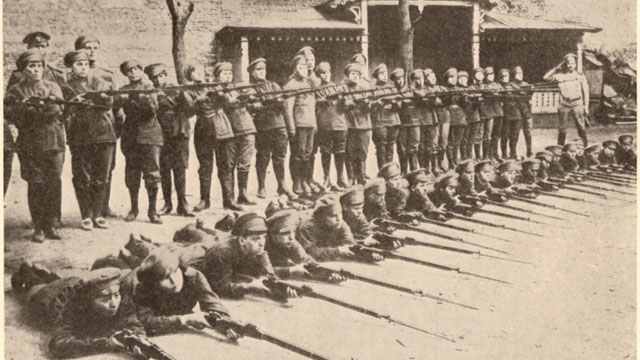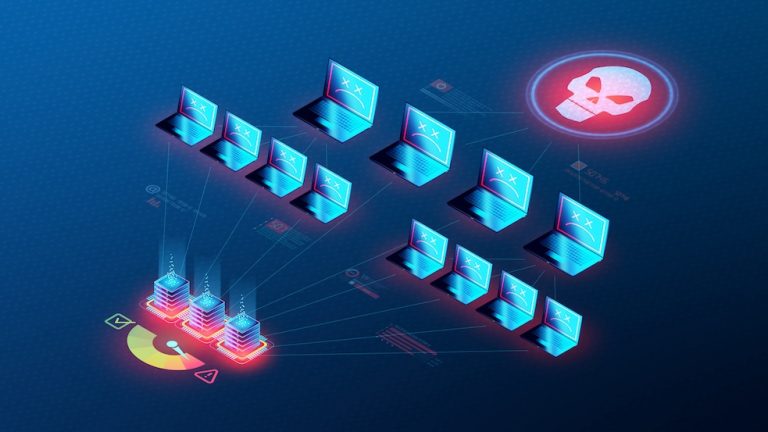The North Atlantic Treaty Organization contains the combined military might of 28 member countries, including Germany, the United Kingdom, and France. All three of those nations, and the United States, possess huge armies, nuclear weapons, and are committed to Article Five of NATO's charter:
The Parties agree that an armed attack against one or more of them in Europe or North America shall be considered an attack against them all and consequently they agree that, if such an armed attack occurs, each of them, in exercise of the right of individual or collective self-defence recognised by Article 51 of the Charter of the United Nations, will assist the Party or Parties so attacked.
Yet reading NATO's new draft general report on cybersecurity, one gets the impression that what the alliance worries about most these days is not an "armed attack," but a cyberattack on its network servers, or the infrastructure of any of its member countries.
"In this Information Age, the North Atlantic Alliance faces a dilemma of how to maintain cohesion in the environment where sharing information with Allies increases information security risks," NATO's Information and National Security survey observes, "but where withholding it undermines the relevance and capabilities of the Alliance."
And WikLeaks and Anonymous get top billing as visible threats to NATO's efforts to control its information perimeters.
"The time it takes to cross the Atlantic has shrunk to 30 milliseconds, compared with 30 minutes for ICBMs and several months going by boat," the report warns. "Meanwhile, a whole new family of actors are emerging on the international stage, such as virtual 'hactivist' groups. These could potentially lead to a new class of international conflicts between these groups and nation states, or even to conflicts between exclusively virtual entities."



 Loading comments...
Loading comments...
